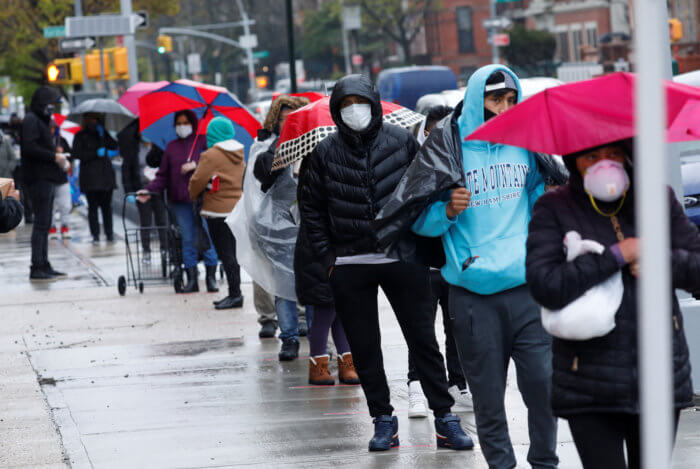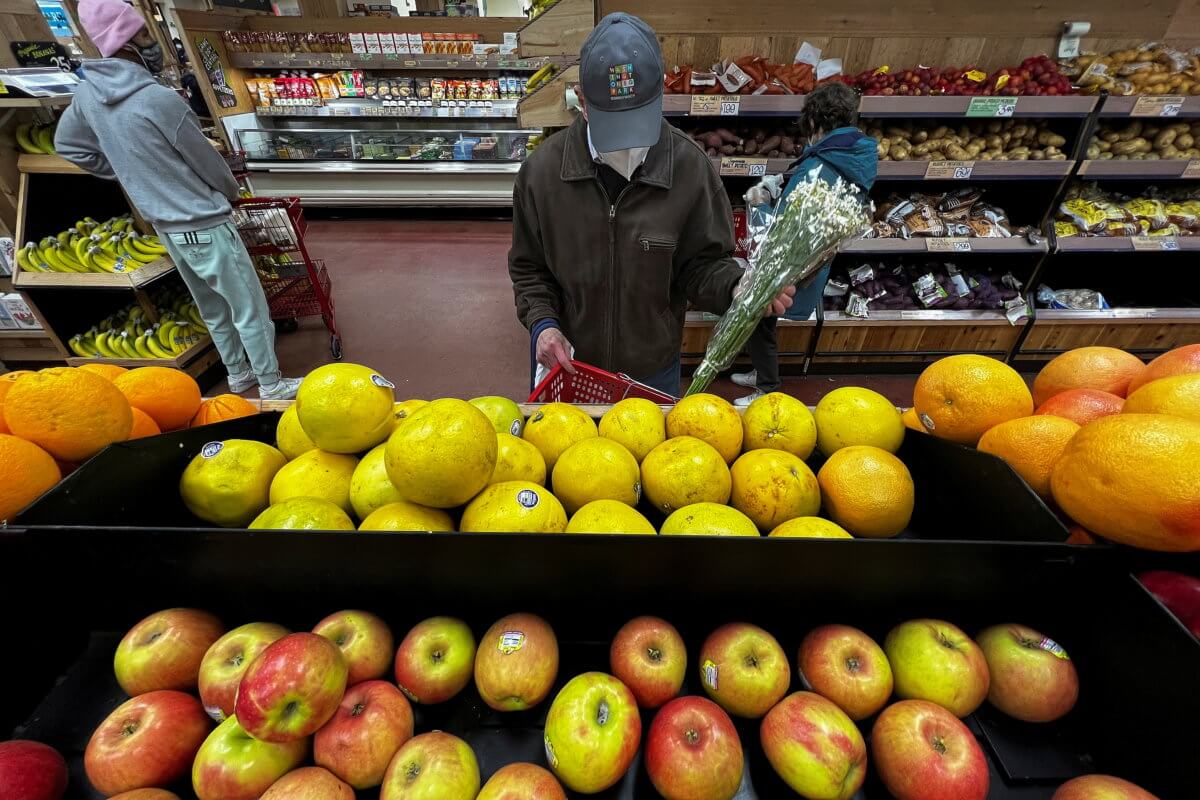Poll finds one in three Brooklynites struggling with food insecurity
A third of Brooklynites are struggling with food insecurity, an already serious problem that has been exacerbated by the pandemic and inflation, according to a new report from the hunger advocacy and relief group No Kid Hungry.
The poll of 617 New Yorkers, including 195 Brooklynites, conducted by Change Research last month, saw 30 percent of Brooklyn respondents say they struggle to buy groceries or pay their bills due to lack of funds. A third of Brooklynites polled said that in the past year, they were worried they or their family wouldn’t have enough to eat, skipped meals, or eaten less than they believed to be healthy. An additional 17 percent said that they’ve gone entire days without eating, and more than 40 percent said they had been unable to eat a nutritious diet for financial reasons.
Fully 62 percent of Brooklynites say that it’s become harder to afford groceries since the start of the COVID-19 pandemic. For almost every question, those with children in public schools were more likely to say they were suffering.
“It’s shocking how many families are hurting and finding it harder just to afford the basics,” said Rachel Sabella, director of No Kid Hungry New York, in a statement. “Officials at every level of government should take a hard look at these numbers, especially the overwhelming majorities of New Yorkers of every background and borough who want government to do more to confront this crisis.”
Food insecurity can have major cascading effects, especially for children: it’s associated with a higher risk of developmental delays, behavioral problems, and physical ailments like anemia, as well as an erosion in academic achievement.
Food insecurity was already a major but often overlooked problem in the five boroughs before COVID-19 disrupted everyday life: before the pandemic, Food Bank for New York City estimated that about 13 percent of New Yorkers — about 1.1 million people — were food insecure. But the destabilizing effects of the pandemic have caused the problem to skyrocket in prevalence: No Kid Hungry’s poll found that 31 percent of New Yorkers are now struggling to afford groceries and pay their bills.

“Since day one of the pandemic, food insecurity hit New York hard,” Sabella told Brooklyn Paper in an interview. “All of us saw the pictures on the news, people on line in school buildings waiting for food. While we may be turning the corner in the pandemic, it doesn’t appear that this hunger crisis is lightening in any way.”
As the city shut down and scores of Brooklynites lost their jobs in 2020, food pantries saw an unprecedented level of demand as residents lost work and income, and students attended school virtually. With New York the earliest epicenter of the pandemic in the United States, unemployment skyrocketed to a jaw-dropping 21 percent in May 2020, according to the Bureau of Labor Statistics. Though the unemployment rate began to drop after that, it remained above 10 percent until July of 2021.
Unemployment in the city stood at 6.1 percent in March, the latest month where data is available; the city’s rate remains well above both the state and national rates, and unemployment in Brooklyn is higher than the citywide average, at 6.3 percent.
Even as Brooklynites get back to work and the city recovers from the devastation of the pandemic, food insecurity remains high owing to yet another reason: inflation. The price of groceries has risen by 7.6 percent in the New York Metropolitan Area over the past year, according to the BLS, leaving many unable to put sufficient food on the table. Inflation in other aspects of the cost of living, such as housing, are further exacerbating the problem.
